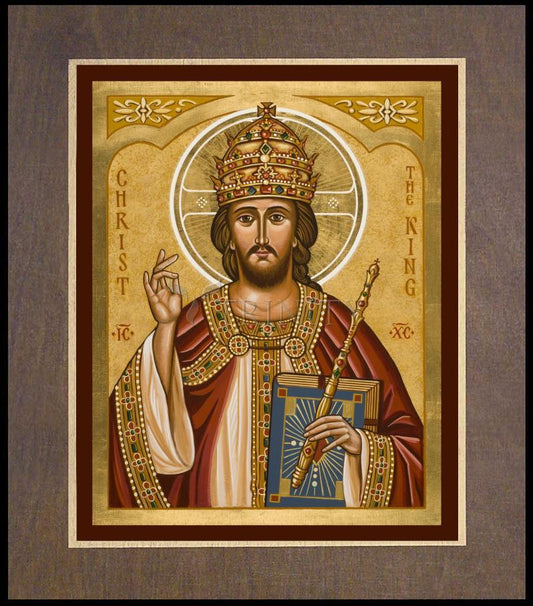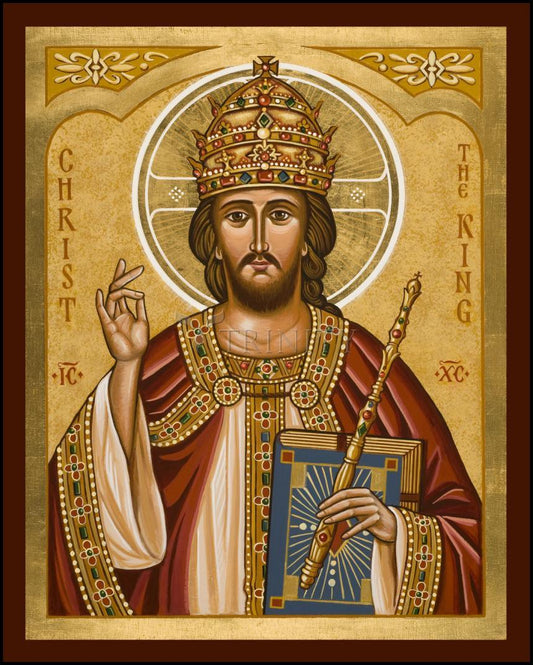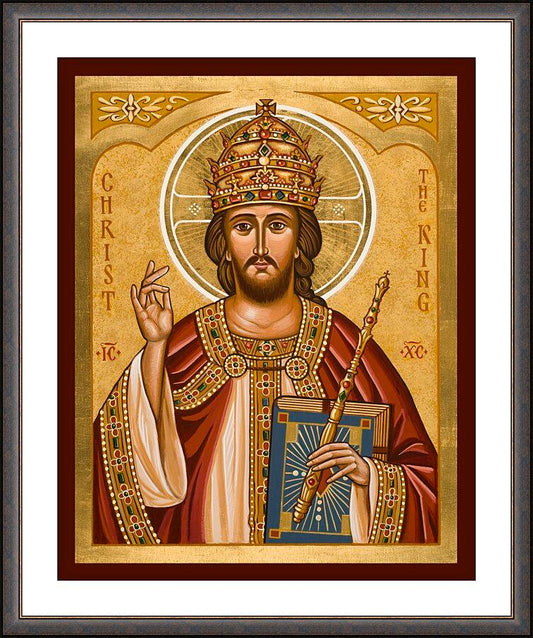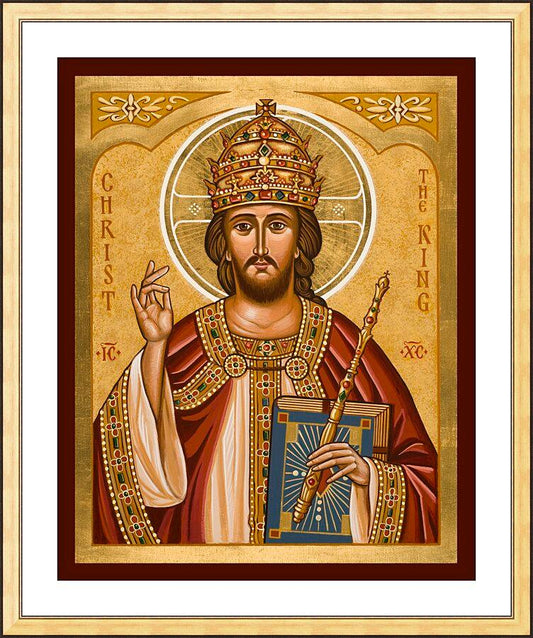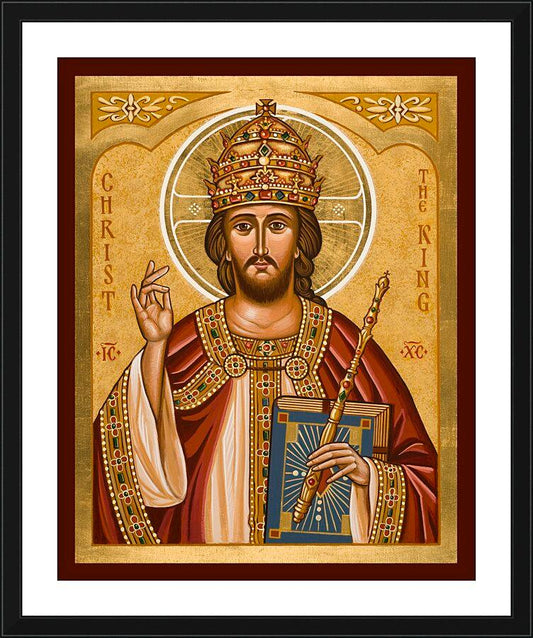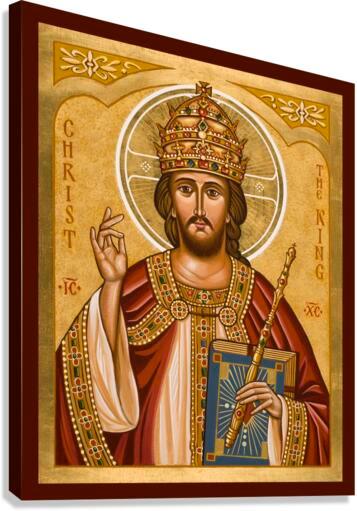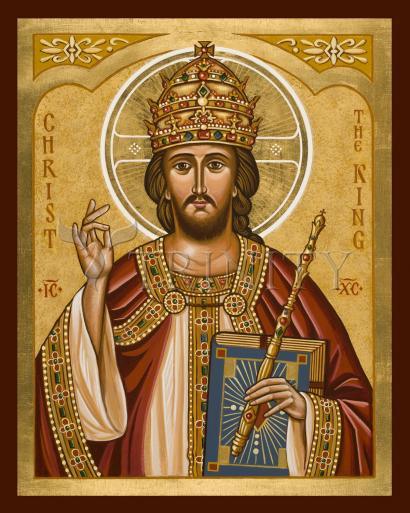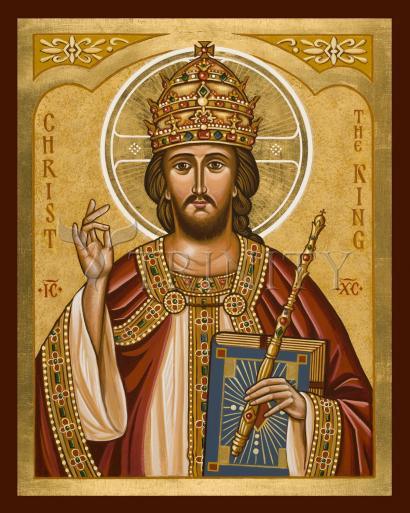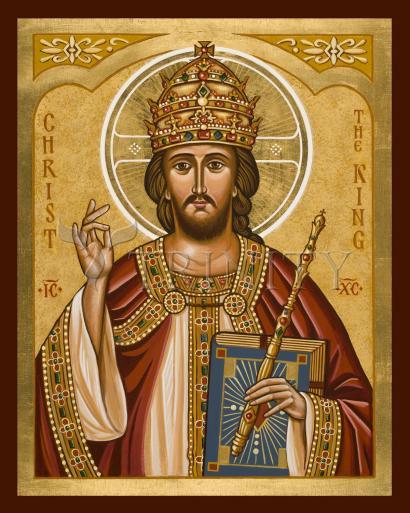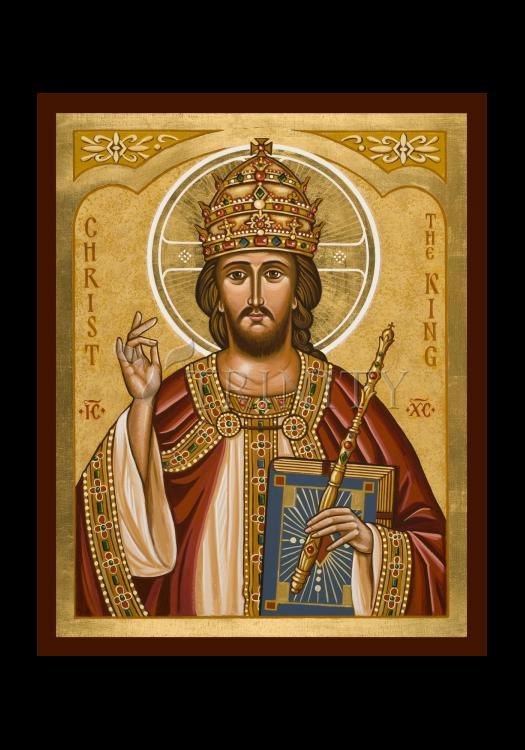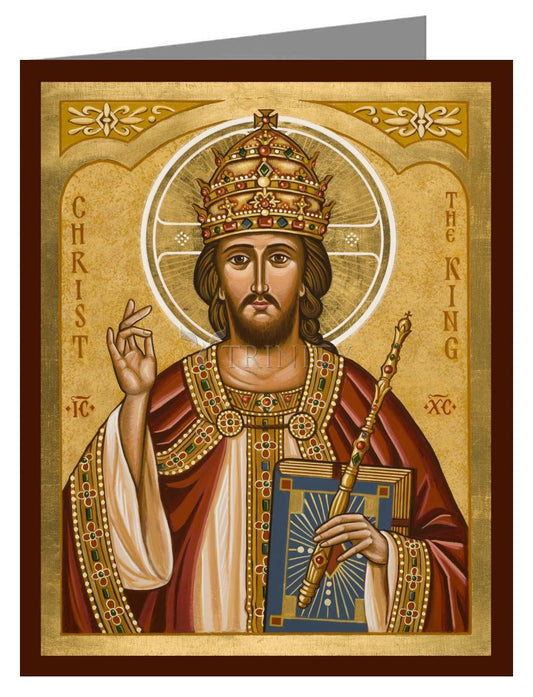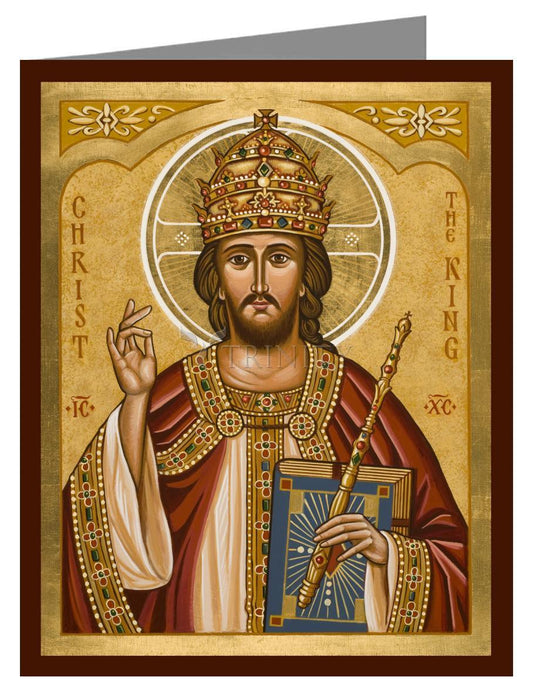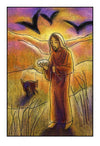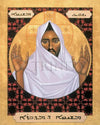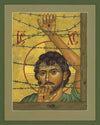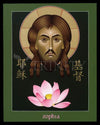Christ Himself speaks of His Own kingly authority in His last discourse, speaking of the rewards and punishments that will be the eternal lot of the just and the damned; in His reply to the Roman magistrate, who asked Him publicly whether He were a king or not; after His resurrection, when giving to His Apostles the mission of teaching and Baptizing all nations, He took the opportunity to call Himself king, confirming the title publicly, and solemnly proclaimed that all power was given Him in Heaven and on earth. These words can only be taken to indicate the greatness of his power, the infinite extent of His kingdom. What wonder, then, that He Whom St. John calls the "prince of the kings of the earth" appears in the Apostle's vision of the future as He Who "hath on His garment and on His thigh written 'King of kings and Lord of lords!'." It is Christ Whom the Father "hath appointed heir of all things"; "for He must reign until at the end of the world He hath put all his enemies under the feet of God and the Father."
It was surely right, then, in view of the common teaching of the sacred books, that the Catholic Church, which is the kingdom of Christ on earth, destined to be spread among all men and all nations, should with every token of veneration salute her Author and Founder in her annual liturgy as King and Lord, and as King of Kings. And, in fact, she used these titles, giving expression with wonderful variety of language to one and the same concept, both in ancient psalmody and in the Sacramentaries.



